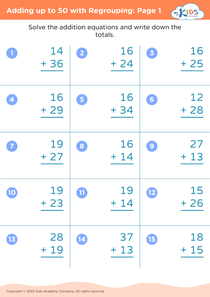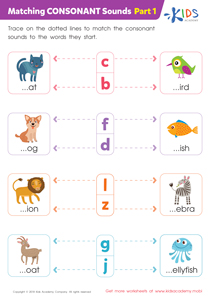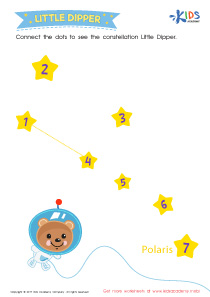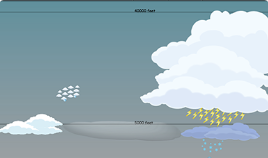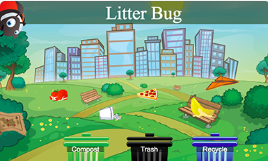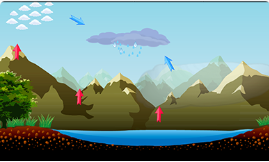Social Studies Lessons | Community Helpers for 6-Year-Olds
5 results
Dive into the world of Community Helpers for 6-Year-Olds, an engaging and interactive lesson series designed specifically for young minds eager to explore the roles and responsibilities of those who make our communities thrive. Through a blend of interactive worksheets, captivating educational videos, and fun assessment quizzes, children will embark on a journey to learn about various professionals, from firefighters to teachers, and understand their importance in our daily lives. Perfect for curious 6-year-olds, this series not only educates but also inspires, fostering a sense of community and appreciation for all helpers around us.
In today's rapidly evolving society, understanding the significance of various roles and responsibilities within our community is paramount for children from a young age. It is crucial for children, especially those around the age of six, to recognize and appreciate the wide array of professions and services that contribute to the well-being and functionality of our communities. This is where the innovative curriculum focused on Community Helpers for 6-Year-Olds plays a vital role in their learning journey.
Our carefully curated lessons on Community Helpers for 6-Year-Olds are ingeniously designed to be both educational and engaging, ensuring that young learners not only acquire valuable knowledge but also enjoy the process of learning. Through a blend of interactive worksheets, compelling educational videos, and assessment quizzes, children are introduced to the diverse world of community helpers, ranging from firefighters and police officers to doctors, teachers, and beyond.
The interactive worksheets are particularly beneficial as they provide children with hands-on learning experiences. These activities are crafted to enhance children's cognitive skills, such as problem-solving and critical thinking, while also improving their fine motor skills as they navigate through tasks that involve writing, drawing, or matching. Through this tactile learning process, children are able to retain information more effectively and develop a deeper understanding of the roles and responsibilities of various community helpers.
Furthermore, the inclusion of educational videos in our lessons adds an audio-visual dimension that caters to different learning styles. These videos bring to life the daily routines, challenges, and rewards associated with various professions, allowing children to visually and audibly engage with the content. This not only makes the learning experience more dynamic and interesting but also helps children develop empathy and respect for community helpers by witnessing firsthand the impact of their work.
Assessment quizzes cap off the learning experience by providing a fun and interactive way for children to test their knowledge and comprehension of the topics covered. These quizzes serve as an effective tool for both reinforcing what has been learned and for educators and parents to gauge the child's understanding and progress. By actively participating in these quizzes, children can experience a sense of accomplishment and build confidence in their ability to learn and remember new information.
Our lessons on Community Helpers for 6-Year-Olds also serve to broaden children's perspectives and inspire them by showcasing the myriad of ways one can contribute to society. This early exposure to the concept of community service and the importance of each profession in keeping our communities safe, healthy, and functioning can spark interest in future career paths and instill values of teamwork, responsibility, and citizenship.
In conclusion, the comprehensive lessons on Community Helpers for 6-Year-Olds provide a foundational stepping stone in children's education. By engaging with interactive worksheets, educational videos, and assessment quizzes, children not only learn about the essential roles within their communities but also develop important cognitive and social skills. This holistic approach to learning about community helpers not only enriches their knowledge base but also fosters a sense of curiosity, empathy, and respect for those who dedicate their lives to serving others.

